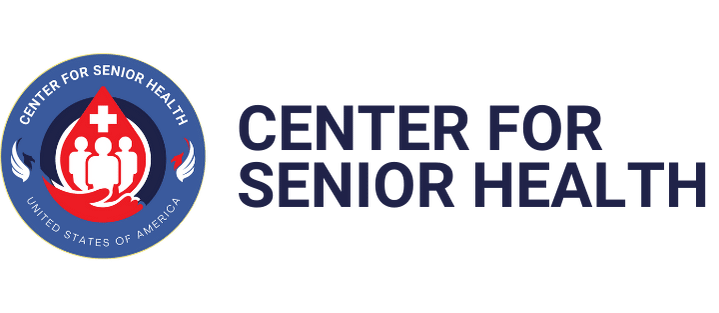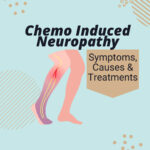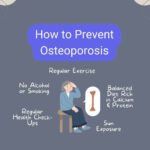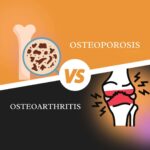Depression in elderly is a serious mental health condition that affects millions of older people worldwide, and approximately 7 million older adults in the United States alone.
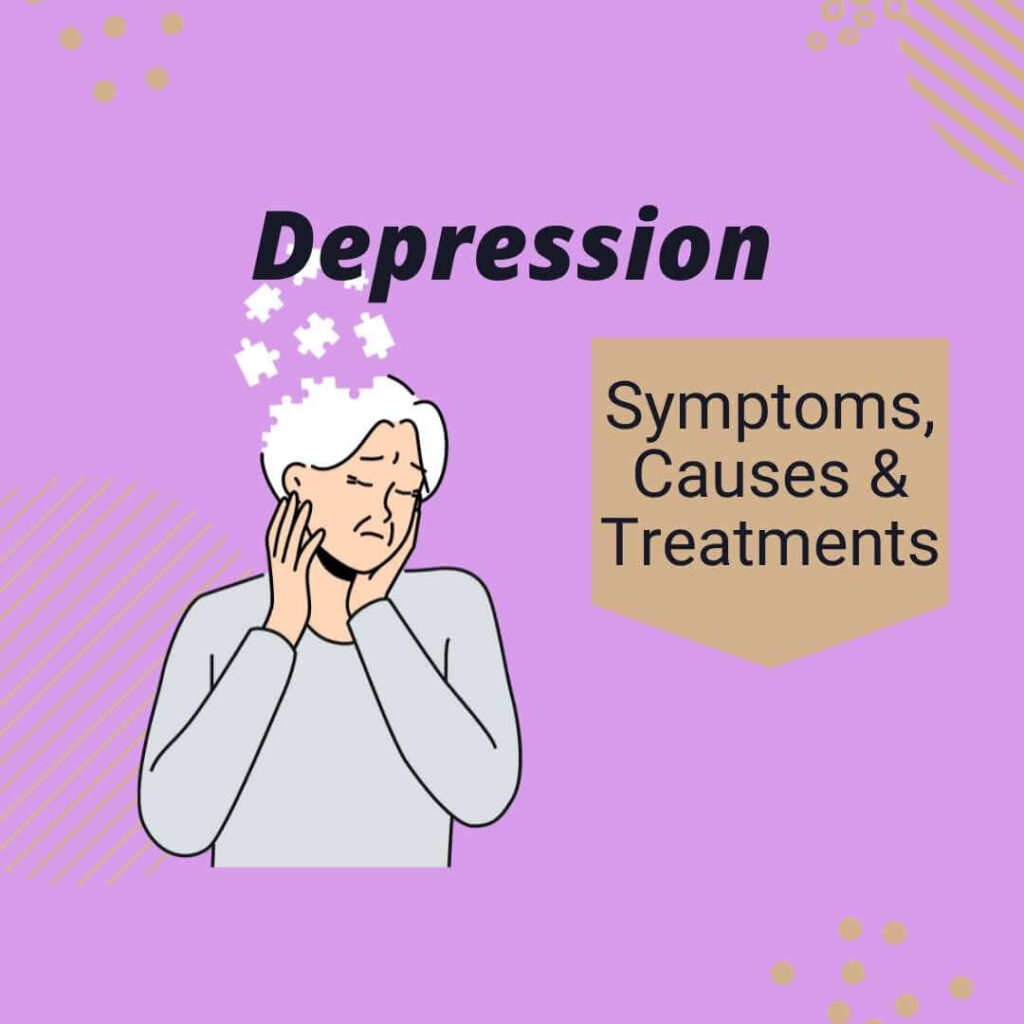
Key Takeaways
- Depression is not a normal part of aging and should be taken seriously. It can have a significant impact on an older adult’s quality of life, physical health, and overall well-being.
- Symptoms of depression in elderly individuals can include feelings of sadness, hopelessness, and worthlessness, loss of interest in activities, changes in appetite and sleep patterns, fatigue, difficulty concentrating, and physical symptoms such as headaches and digestive issues.
- Depression can also manifest as physical symptoms such as headaches, digestive issues, and chronic pain.
Understanding Depression in Elderly
Depression is a serious mental health condition that can affect elderly individuals. Symptoms of depression in the elderly can be different from those experienced by younger individuals.
It is important to recognize the signs of depression in the elderly and seek appropriate treatment. With the right treatment and support, individuals with depression can improve their quality of life and regain their sense of well-being.
Symptoms of Depression
Depression in elderly can manifest in various ways. It is important to recognize the symptoms of depression early on to get the necessary help. Here are some common symptoms of depression in elderly:
- Persistent sadness or low mood: Elderly individuals with depression may feel sad or low most of the day, almost every day. They may also feel tearful or cry without any apparent reason.
- Loss of interest or pleasure: Elderly individuals with depression may lose interest in activities they once enjoyed, such as hobbies, socializing, or spending time with loved ones. They may also feel that life is no longer worth living.
- Changes in appetite: Elderly individuals with depression may experience a significant change in their appetite. They may either eat too much or too little, leading to weight gain or weight loss.
- Sleep disturbances: Elderly individuals with depression may have difficulty falling asleep or staying asleep. They may also wake up too early in the morning or sleep excessively.
- Fatigue or loss of energy: Elderly individuals with depression may feel tired or fatigued most of the time, even after getting enough rest.
- Feelings of worthlessness or guilt: Elderly individuals with depression may feel that they are a burden to their family or society. They may also feel guilty about things that are not their fault.
- Difficulty concentrating: Elderly individuals with depression may have trouble focusing or making decisions. They may also have memory problems.
- Physical symptoms: Elderly individuals with depression may experience unexplained physical symptoms, such as headaches, back pain, or digestive problems.
It is important to note that not all elderly individuals with depression will experience all of these symptoms. Some may only have a few symptoms, while others may have many.
Risk Factors & Causes Of Depression in Elderly
While the exact causes of depression in the elderly are not fully understood, there are several risk factors that have been identified. Understanding these risk factors can help individuals and their loved ones take steps to prevent or manage depression in older age.
Physical Health Conditions
Physical health conditions can be a significant risk factor for depression in the elderly. Chronic medical conditions such as heart disease, cancer, diabetes, and hypertension have been linked to an increased risk of depression. Chronic pain conditions such as arthritis, headaches, and aches can also contribute to depression. Disability and mobility impairment can also lead to depression.
Mental Health Conditions
Mental health conditions such as anxiety, mood disorders, and clinical depression can increase the risk of depression in the elderly.
Individuals with a family history of depression or other mental health conditions may be at a higher risk of developing depression as they age. Seasonal affective disorder (SAD) is another type of depression that is more common in the winter months and can affect elderly individuals.
Social and Lifestyle Factors
Social and lifestyle factors can also contribute to depression in the elderly. Isolation and loneliness, especially after retirement or widowhood, can increase the risk of depression.
Stressful life events such as financial difficulties or the loss of a loved one can also lead to depression.
Alcoholism and substance abuse can also contribute to depression.
Maintaining a strong social network, engaging in physical activity, and managing stress can help reduce the risk of depression in the elderly. Seeking support from a mental health professional can also be helpful for individuals struggling with depression.
Depression and Comorbid Conditions
Depression in older adults is often accompanied by one or more comorbid conditions, which can complicate the diagnosis and treatment of the condition. According to a study published in the Journal of the American Geriatrics Society, approximately 80% of older adults have at least one comorbid condition, and 50% have at least two.
One of the most common comorbid conditions associated with depression in older people is dementia. Depression and dementia share many symptoms, such as memory loss, difficulty concentrating, and changes in sleep and appetite. In some cases, depression may be a precursor to dementia, while in others, depression may be a symptom of dementia.
Another common comorbid condition associated with depression in older adults is stroke. Depression is a common complication after stroke, and individuals who have had a stroke are at increased risk of developing depression. Depression can also affect recovery after a stroke, making it more difficult to regain function and independence.
Diabetes is another comorbid condition that is often associated with depression in older adults. Depression can make it more difficult to manage diabetes, and individuals with both conditions are at increased risk of developing complications such as heart disease, kidney disease, and neuropathy.
Heart disease and hypertension are also common comorbid conditions associated with depression in older people. Depression can increase the risk of developing heart disease and hypertension, and individuals with these conditions are at increased risk of developing depression.
Arthritis is another comorbid condition that is often associated with depression in older adults. Chronic pain and disability associated with arthritis can contribute to the development of depression, and depression can make it more difficult to manage arthritis.
Finally, cancer is another comorbid condition that is often associated with depression in older adults. Depression is common in individuals with cancer, and it can affect both quality of life and treatment outcomes.
Overall, the presence of comorbid conditions can complicate the diagnosis and treatment of depression in older adults. Healthcare providers should be aware of the potential for comorbid conditions and take steps to address them as part of a comprehensive treatment plan.
Diagnosis of Depression in Elderly
Depression symptoms in elderly individuals can be difficult to diagnose. Signs and symptoms of depression such as fatigue, poor sleep, and decreased appetite are often attributed to normal aging or medical illnesses.
Doctors may use a variety of tools to diagnose depression in elderly patients. These may include a physical exam, blood tests, and a review of medical history. The doctor may also ask about any recent life changes or stressful events that could be contributing to the patient’s mood.
In addition to these general diagnostic tools, doctors may use specific screening tools to evaluate depression in elderly patients. One such tool is the Geriatric Depression Scale, which consists of 30 yes/no questions that assess mood, sleep, appetite, and other symptoms commonly associated with depression.
It is important to note that elderly may experience depression differently than younger people. For example, elderly patients may be more likely to report physical symptoms such as pain or fatigue rather than emotional symptoms like sadness or hopelessness. Memory loss may also be a factor in diagnosing depression in elderly patients, as it can be difficult to distinguish between depression and dementia.
Treatment Options
Depression in the elderly is a treatable condition. Treatment options include medication, psychotherapy, electroconvulsive therapy (ECT), and repetitive transcranial magnetic stimulation (rTMS). It is important to work with a healthcare provider who is experienced in treating depression in the elderly. In addition to traditional treatments, there are also lifestyle changes that can help improve symptoms of depression, such as regular exercise, a healthy diet, and social support.
Medication
Second-generation antidepressants, such as selective serotonin reuptake inhibitors (SSRIs), serotonin-norepinephrine reuptake inhibitors (SNRIs), or norepinephrine-dopamine reuptake inhibitors (NDRIs), are recommended for older adults due to the reduced risk of side effects and safety in the event of overdose. Benzodiazepines may be used in combination with antidepressants for severe anxiety or insomnia.
Psychotherapy
Interpersonal psychotherapy (IPT) and cognitive-behavioral therapy (CBT) are effective psychotherapies for depression in older adults. IPT focuses on improving interpersonal relationships and communication, while CBT helps individuals identify and change negative thought patterns.
Electroconvulsive Therapy
ECT is a safe and effective treatment option for severe depression in elderly patients who have not responded to other treatments. ECT involves the use of electrical currents to stimulate the brain while the patient is under anesthesia. It is typically administered in a series of treatments over several weeks.
Repetitive Transcranial Magnetic Stimulation
rTMS is a non-invasive treatment option that uses magnetic fields to stimulate nerve cells in the brain. It is typically administered in daily sessions over several weeks. rTMS has been shown to be effective in treating depression in older adults who have not responded to other treatments.
In conclusion, there are several treatment options available for depression in elderly patients, including medication, psychotherapy, ECT, and rTMS. Each treatment option has its own benefits and risks, and the choice of treatment should be based on the individual’s specific needs and preferences. It is important to consult with a healthcare professional to determine the best course of treatment for depression in the elderly.
Role of Support System
Social isolation and loneliness can put older adults at higher risk for physical and mental health issues, including depression.
Having a strong support system is critical for recovery from depression. Social support plays an important role in recovery for a range of physical and mental health conditions, including depression. It can combat social isolation and loneliness, both of which can put an individual at higher risk for physical and mental health issues.
Family and friends can provide emotional support, practical assistance, and companionship to an individual with depression. Loved ones can offer encouragement, help with daily tasks, and provide a listening ear. They can also help an individual stay connected with the community and prevent social isolation.
Research has shown that social support from friends is most consistently associated with protection from depression in older adults. Support from friends could be an adjunct to support from spouse and family. The exact role of social support from children for their older parents is not clear. Children may provide important support, but they may also have their own demands and stresses.
In addition to emotional support, practical assistance can also be crucial in recovery from depression. This may include help with transportation, meal preparation, or household chores. Practical assistance can help an individual maintain their independence and reduce stress.
Overall, having a strong support system can make a big difference in depression treatment among older adults. Family and friends can provide emotional support, practical assistance, and companionship to help an individual stay connected with the community and prevent social isolation.
Preventing Depression in Elderly
Depression in elderly individuals can be prevented by taking a proactive approach to their physical and mental health. Here are some ways to prevent depression in elderly individuals:
1. Physical Health
Maintaining physical health is an essential aspect of preventing depression in elderly individuals. Encouraging regular exercise, a healthy diet, and adequate sleep can help reduce the risk of depression. Additionally, addressing any physical health concerns promptly can prevent depression from developing or worsening.
2. Aging Process
The aging process can be challenging for many individuals, and it can increase the risk of depression. Encouraging elderly individuals to stay socially active and engaged can provide a sense of purpose and meaning, which can help prevent depression. Additionally, providing support and assistance when needed can help elderly individuals maintain their independence and quality of life.
3. Mental Health Services
Access to mental health services can be crucial in preventing depression in elderly individuals. Providing access to counseling, support groups, and other mental health resources can help elderly individuals cope with the challenges of aging and prevent depression from developing.
4. Health Care Provider
Regular visits to a health care provider can help prevent depression in elderly individuals. Health care providers can monitor physical and mental health, provide preventive care, and address any concerns promptly. Additionally, health care providers can provide education and resources to help elderly individuals maintain their physical and mental health.
Resources for Help
Depression can be a serious issue for elderly individuals, but it is important to know that help is available. There are several resources that can provide assistance to those who are struggling with depression.
National Suicide Prevention Lifeline
For those who are experiencing suicidal thoughts, the National Suicide Prevention Lifeline can provide immediate help. The Lifeline is a free, confidential service that is available 24/7. They offer support and resources for individuals who are struggling with depression and other mental health issues.
Mental Health America
Mental Health America is a nonprofit organization that provides resources and support for individuals who are struggling with mental health issues. They offer information on a variety of mental health issues, including depression, and provide resources for finding mental health professionals and support groups.
Frequently Asked Questions
When to see a medical professional?
If an elderly individual is experiencing symptoms of depression, they should seek medical attention as soon as possible, especially when experiencing suicidal thoughts or feelings.
What are effective treatments for depression in the elderly?
Effective treatments for depression in the elderly include psychotherapy, medication, or a combination of both. Antidepressant medication can be effective in treating depression, but it is important to work closely with a medical professional to find the right medication and dosage. Psychotherapy, such as cognitive-behavioral therapy, can also be effective in treating depression in older adults.
How can family and friends support a person with depression?
Family and friends can support elderly individuals with depression by encouraging them to seek medical attention, providing emotional support, and helping them engage in activities that they enjoy. It is important to be patient and understanding, and to avoid being critical or judgmental.
What are the long-term effects of untreated depression in older adults?
Untreated depression in older adults can have serious long-term effects, including an increased risk of physical illness, cognitive decline, and a decreased quality of life.
What are some common risk factors for depression in the elderly?
Common risk for depression in the elderly include chronic illness, social isolation, loss of independence, and a history of depression or other mental health conditions. It is important to be aware of these risk factors and to take steps to address them if possible.
What are some effective ways to prevent depression in elderly individuals?
Older adults may stay physically active, maintain social connections, engage in meaningful activities, and seek treatment for chronic illnesses to prevent the disease. It is important to maintain a healthy lifestyle and to seek medical attention as needed.
What are the most common challenges faced by elderly individuals with depression?
The most common challenges faced by elderly individuals with depression include social isolation, stigma surrounding mental health, difficulty accessing mental health services as well as physical complaints.
References
https://www.cdc.gov/aging/depression/index.html
- Best Red Light Therapy Device 2024 for Pain Management – 16 October 2024
- How To Improve Gut Microbiome – 26 May 2024
- Chemo neuropathy treatment: What to do? – 19 May 2024
